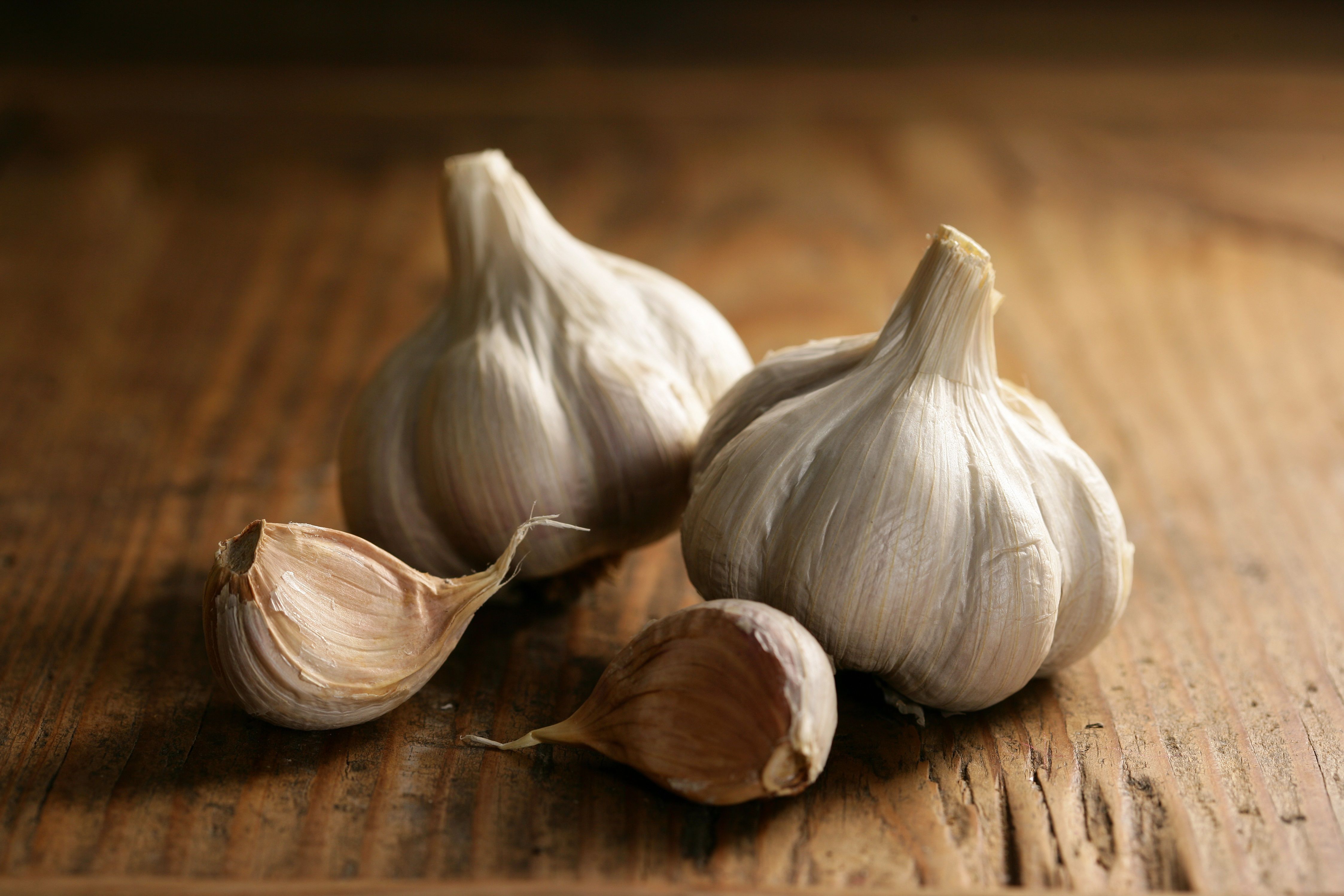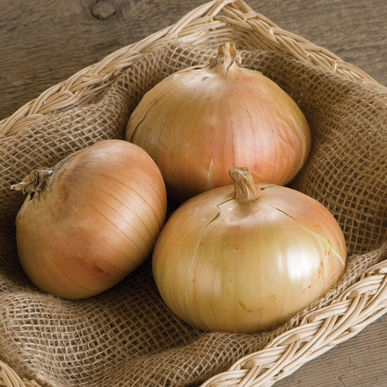With the temperature fluctuating and heading towards zero degrees, some of you may have already fought a cold or even contracted the flu. Being sick, even when you’re home in bed, isn’t fun. The combination of body aches, fever, chills, and nasal congestion can be enough to make anyone miserable. There are plenty of home remedies that can alleviate your symptoms and get you back to normal. Herbal and natural remedies may not be a cure-all, but they can help shorten the duration and get you feeling better faster, as some of the most readily prescribed options can have serious side effects.
Here, are some popular remedies for combating the winter bugs:
Dietary Remedies
Dietary Adjustments: At the first sign of illness, completely remove all white foods from the diet. This includes grains, sugars, milk, cheese, dairy, sweeteners, soda, etc. These foods suppress immune function, increase inflammation and slow the body’s healing ability. When you are ill, you don’t actually need to eat a lot of food, as the body needs to focus more on healing than digestion. Eat foods that are easy to digest such as smoothies, broths and soups.
Hydration:
· Herbal teas- herbal teas like peppermint, yarrow, nettle, thyme, and chamomile are great for when you’re feeling under the weather. Not only are they soothing and comforting, but they also really help to alleviate some symptoms that might be making you miserable. More on this later in the blog.
· Cinnamon, honey, and coconut oil drink twice a day:Cinnamon is an effective antiviral and antibiotic, honey is a natural antibacterial and cough suppressant, and coconut oil is thought to help dissolve the protective coating around some viruses, allowing the immune system to get to work easier. When combined, they make a really tasty “tea.” When sick, mix a tablespoon of each in about 500 ml boiling water.
· Water– If you have a fever, it is easier to get dehydrated, so drink plenty of water as well as warm soups and herbal teas which all add to hydrating yourself.

· Chicken soup- Chicken soup is a great choice when you’re sick. Research suggests that enjoying a bowl of chicken soup with vegetables, can slow the movement of neutrophils in your body (a white blood cell that help protect your body from infection). When they’re moving slowly, they stay more concentrated in the areas of your body that require the most healing. The study found that chicken soup was effective for reducing the symptoms of upper respiratory infections in particular.
Garlic: This is a natural antibiotic, anti-fungal, and antibacterial. For the most potent effect, finely mince a clove of garlic and float in a small glass of water. Drink quickly — if you are sick enough, you won’t even notice the taste. NOTE: Pregnant women should not take more than 1 clove of garlic medicinally per day, and children often resist this remedy.

· Onions and garlic on the feet at night–For those who can’t stomach chowing down raw garlic or for children, rub olive oil under your feet, place thinly sliced onion and garlic on one ply of tissue, fold it up like a parcel and place the thinnest layer of tissue on the bottom of the foot. Then wrap the foot in clingfilm and place a sock on overnight. Onions and garlic have been shown to pull toxins and help the body heal. If a child has respiratory problems cutting an onion in half and placing it close (yet out of arms reach) in the room where they are sleeping, will aid their breathing and absorb any toxins in the room.

Honey: Honey has a variety of antibacterial and antimicrobial properties. Drinking honey in tea with lemon can ease sore throat pain. Research suggests that honey is an effective cough suppressant. In one study, researchers found that giving children 10 grams of honey at bedtime reduced the severity of their cough symptoms. The children reportedly slept more soundly, which also helps reduce cold symptoms. You should avoid giving honey to a child younger than 1 year old, as it may contain botulinum spores. To make an effective honey cough syrup See ‘Recipes for Health’.
Coconut Oil: Coconut oil has many health benefits and is known to boost the immune system. If sick, aim for 5-6 tablespoons per day in food or stirred and melted into hot tea.
Probiotics: Probiotics are “friendly” bacteria and yeast that are found in your body, some foods, and supplements. They can help keep your gut and immune system healthy, and research indicates that probiotics may reduce your chance of getting sick with an upper respiratory infection. For a delicious and nutritious source of helpful bacteria, include probiotic yoghurt or kefir in your diet. Besides its potential benefits for your immune system, yogurt is a healthy snack that provides plenty of protein and calcium. Look for products that list live bacteria on the label. Fermented vegetables, such as sauerkraut and kimchi; and fermented teas such as kombucha, also contains a huge number of probiotics.
Apple Cider Vinegar: It’s not the best tasting drink but if you are sick enough, you won’t taste it anyway. Drink a tablespoon of apple cider vinegar (the raw unfiltered kind) in water (gargle first!) at the first sign of illness and repeat hourly until symptoms disappear. This alkalises the body and helps kill viruses and bacteria.
Vitamins Supplementation
Vitamin D3: A hormone precursor, this vitamin is finally getting recognition as a necessary nutrient for health. Optimising vitamin D levels can help prevent illness in the first place, and taking several thousand IUs a day while sick can help speed recovery. Blood tests can help determine any underlying deficiency. Vitamin D3 works best when taken with vitamin K2.
Vitamin C: Vitamin C plays an important role in your body and has many health benefits. Along with limes, oranges, grapefruits, leafy greens, and other fruits and vegetables, lemons are a good source of vitamin C. Adding fresh lemon juice to hot tea with honey may reduce phlegm when you’re sick. Drinking hot or cold lemonade may also help.
While these drinks may not clear up your cold entirely, they can help you get the vitamin C that your immune system needs. Getting enough vitamin C can relieve upper respiratory tract infections and other illnesses.
Herbal Remedies
You may not have these around the house but they are great additions to a natural medicine cabinet:
Nettle Leaf: It contains large amounts of vitamins and trace minerals and helps the body stay hydrated and remove toxins. In a tea with red raspberry leaf, alfalfa, and peppermint herbals, it makes a powerful immune supporting and illness preventing remedy.
Elderberry: Elderberry is well known for supporting the body, especially during flu. You can find conventionally made elderberry syrups at many stores now, or to save money, make your own (see ‘Recipes for Health’). When ill, take one tablespoon (adults) or one teaspoon (children) of elderberry syrup every 2-3 hours.
Ginger:The health benefits of ginger root have been touted for centuries, but now we have scientific proof of its curative properties. It is naturally antimicrobial and anti-inflammatory. A few slices of raw ginger root in boiling water may help soothe a cough or sore throat. To make a cup of ginger tea, pour 500 ml boiling water over two tablespoons sliced fresh ginger and one tablespoon raw honey. Let steep for 15-20 minutes, strain and drink. This teapot of ginger tea can be sipped on all day.
Yarrow: Unsurpassed for flu and fever, and great for children. If used abundantly in tea or tincture at the beginning of an illness, it will usually shorten the illness to less than 24 hours. It is especially good for fevers as it induces perspiration and is great for all childhood type illnesses. Yarrow is naturally bitter, so it is often good to include peppermint and stevia leaf when making a tea. It is great for the liver and kidneys and supports the endocrine system.
Chamomile: An absolute staple, especially for kids. Chamomile calms the nerves, helps children sleep better, and reduces inflammation or fever. Soaking a chamomile tea bag in warm water and placing over an eye for 15 minutes every 2 hours will relieve pink eye in less than 24 hours. Chamomile tastes great and is easy to get kids to take. We use it in tea and tincture formula. It is also great for regulating hormones and for the skin and can be used regularly for good sleep.
Peppermint: Great for all digestive disturbances and for lowering fever. It can be used as a tea or tincture or rubbed on the skin to bring a high fever down. This herb is antimicrobial and antiviral and kids usually love the taste. It can be consumed as a hot tea or cold tea during illness in any amounts.
Echinacea: Native Americans have used the herb and root of the echinacea plant to treat infections for more than 400 years. Its active ingredients include flavonoids, which can boost your immune system and reduce inflammation. One review suggests that taking echinacea may lower your risk of developing the common cold by more than 50 percent. It may also reduce the length of a cold. If you’re a healthy adult, consider taking 1 to 2 grams of echinacea root or herb as a tea, three times daily, for no longer than one week.
Water- Based Remedies
Salt Water - Gargling with salt water reduces and loosens mucus, which contains bacteria and allergens. It may also decrease the severity of cold symptoms by easing a sore throat pain and nasal congestion. Dissolve one teaspoon of salt in a full glass of water. Swish it around your mouth and throat. Gargle and then spit it out.
Face Steam:Face Steaming is a good way to loosen congestion and kill viruses and bacteria in the lungs, bronchials, or sinuses. Boil 1-2 cups of water in a large pot. Remove from heat, add 2 teaspoons each of thyme, some rosemary, and oregano. Cover for 5 minutes with a lid, and then remove lid and put face directly over pot with towel covering your head to hold in the heat. Breathe in the steam as long as you can (aim for 15 minutes). Alternately, you can use 1/2 cups apple cider vinegar in the steam. It won’t smell great, but it will help fight the illness.
Warm baths:Sometimes you can reduce a child’s fever by giving them a warm sponge bath. Warm baths can also reduce cold and flu symptoms in adults. A 20-minute soak in a warm bath with 1-2 cups of Epsom salt or magnesium flakes to the water can significantly ease body aches. Adding a few drops of essential oil, such as tea tree, juniper, rosemary, thyme, orange, lavender, or eucalyptus, may also have a healing, soothing effect.
Humidifier: Influenza thrives and spreads more easily in dry environments. Creating more humidity in your home may reduce your exposure to this flu-causing virus. Increased humidity may also reduce nasal inflammation, making it easier to breathe when you’re sick. Temporarily adding a cool mist humidifier to your bedroom may help you feel more comfortable. This is especially true in winter, when dry indoor heat can exacerbate your symptoms. Adding a few drops of lavender and eucalyptus oil might also stimulate your breathing. Remember, the water used in humidifiers needs to be changed daily to stop mould and other fungi from growing. For the same effect without a humidifier, take a long shower or linger in a steamy bathroom.

Natural Vapour Rub
Vapour rub is an all-time favourite for easing sore throats and reducing cold symptoms. However, some store-bought varieties contain some harsh chemicals which could be detrimental to your health. Thankfully, there are vapour rubs out there made from natural ingredients and essential oils. Just one or two applications before bed can help open air passages to combat congestion, reduce coughing, and improve sleep.
A Good Rest and Enough Sleep
If the body is running a fever (which means it is fighting the illness) the best support you can give is to stay well hydrated on water and herbal teas and to rest enough. The body needs several extra hours of rest a day when ill. Getting enough sleep is also crucial to preventing illness, and even a couple nights of interrupted or not enough sleep can leave the body worn down and unable to resist illness.
Recipes for Health
Elderberry Syrup
Ingredients
· 2/3 cup dried black elderberries, or 1 1/3 cups fresh or frozen
· 3½ cups water
· 2 TBSP fresh or dried ginger root
· 1 tsp cinnamon powder
· ½ tsp cloves or clove powder
· 1 cup raw honey
Instructions
1. Pour water into medium saucepan and add elderberries, ginger, cinnamon, and cloves.
2. Bring to a boil and then cover and reduce to a simmer for about 45 minutes to an hour until the liquid has reduced by almost half.
3. Remove from heat and let cool until it is cool enough to be handled.
4. Mash the berries carefully using a spoon or other flat utensil.
5. Pour through a strainer into a glass jar or bowl.
6. Discard the elderberries and let the liquid cool to lukewarm.
7. When it is no longer hot, add the honey and stir well.
8. When the honey is well mixed into the elderberry mixture, pour the syrup into a mason jar or 500ml glass bottle of some kind.
9. Store in the fridge.
Honey Cough Syrup
Ingredients
· 500ml filtered water
· 1/4 cup Ginger Root (fresh grated or dried)
· 1/4 cup Chamomile Flowers
· 1/4 cup Marshmallow Root
· 1 tablespoon Cinnamon
· 1/4 cup lemon juice
· 1 cup honey
Instructions
1. Pour the water into a medium saucepan and add the dried herbs.
2. Bring to a boil and then reduce to a simmer.
3. Simmer until the volume is reduced by about half. (You will need 1 cup of liquid after herbs are strained off)
4. Pour through a fine mesh strainer or cheesecloth to remove herbs (compost the herbs!).
5. While liquid is still warm (not boiling) mix with lemon juice and honey and stir well.
6. Store in airtight container in the fridge for up to 2 months.
To Sum Up…
I have only touched upon a few natural options that can help you recover faster from a cold or flu. There are many more ways that people can treat their cold and flu symptoms with home remedies. Some of those remedies may seem a bit weird, but there are people and communities that swear by their effectiveness. Some folks have also had success with zinc supplementation, lymphatic massage, essential oils or putting peroxide in their ears. Everybody is different, and with natural medicine, there is no one remedy that’s going to work on everyone. It’s going to require some trial-and-error on your part to find out which remedies work and which remedies are reasonable to add to your already hectic life.
If you still feel sick after a few weeks, make an appointment with your doctor. If you have trouble breathing, have a rapid heartbeat, feel faint, or experience other severe symptoms, get medical help sooner.
Source
https://www.healthline.com/health/cold-flu/home-remedies#learn-more
https://wholefully.com/cold-flu-home-remedies/
https://wellnessmama.com/1499/natural-remedies-for-illness/
https://wellnessmama.com/1888/elderberry-syrup/
https://wellnessmama.com/7969/herbal-cough-syrup/
